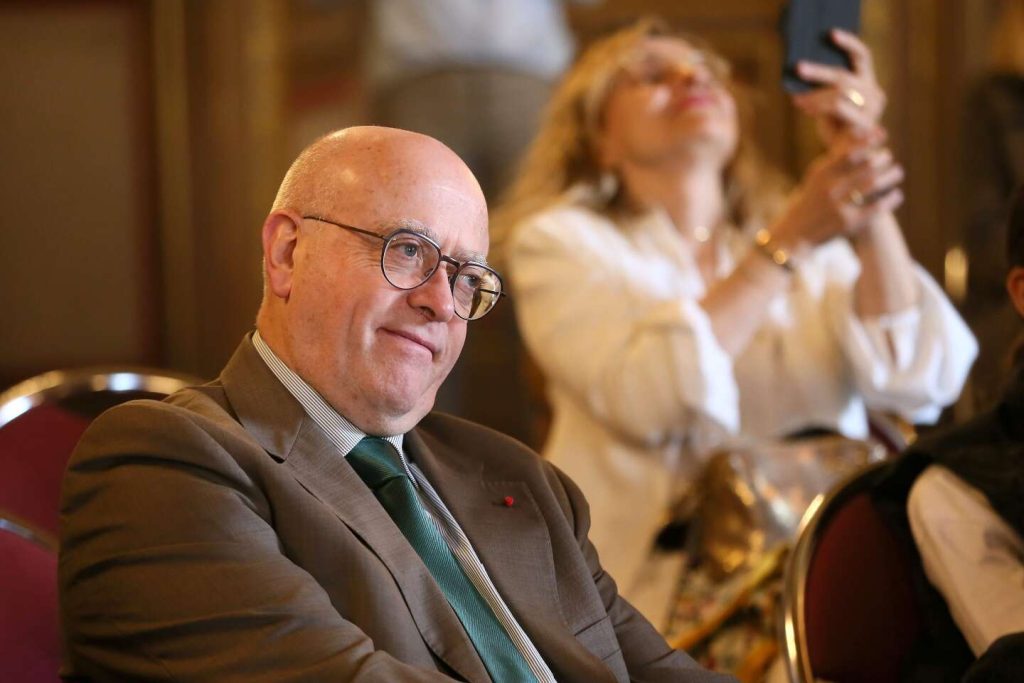Bernard Beignier, former rector of the Aix-Marseille academy, was appointed rector of Paris on April 3, 2024. His appointment followed a two-month vacancy after his predecessor, Christophe Kerrero, resigned on February 2 amid disagreements with the then Minister of National Education, Amélie Oudéa-Castéra. Beignier also became rector of the Ile-de-France region. This rare move in the usually discreet world of rectors had been closely watched by the education community.
The delay in appointing a new rector fuelled rumors of disagreements within the government in order to find the best candidate. With Beignier’s appointment, the executive branch chose a “quite classical” profile, according to a former senior education official. Beignier, a doctor of law and former dean of the law faculty at the University of Toulouse-1-Capitole, has twelve years of experience as a rector, having served in Amiens from 2012 to 2014 and then in Aix-Marseille from 2014.
Despite a past controversy in Marseille where Beignier issued a letter in January 2020 reminding school principals of the consequences for teachers who refused to participate in new baccalaureate exams, he was generally well-liked in the region. Some observers attribute Beignier’s nomination to Emmanuel Macron, as he implemented the “schools of the future” experiment in Marseille, which was praised by the President as a model to be expanded nationally during the 2022 presidential election campaign.
The new rector of Paris faces significant challenges in a highly politicized academy. The significant demographic decline in the capital poses a major issue, with public schools experiencing a 25% decrease in the number of CP students over eight years and ongoing closures of classes. This decline in enrollment threatens the balance between public and private education, with researcher Julien Grenet warning that within a decade, there may be more middle school students in private schools than in public institutions.
Beignier’s task as rector of Paris will involve navigating these complex issues and finding solutions to address the challenges facing the education system in the region. With his experience and background in education, Beignier is seen as a capable leader to address the issues and implement necessary reforms. As he takes on this new role, all eyes will be on Beignier to see how he manages the educational landscape in Paris and the wider Ile-de-France region.


